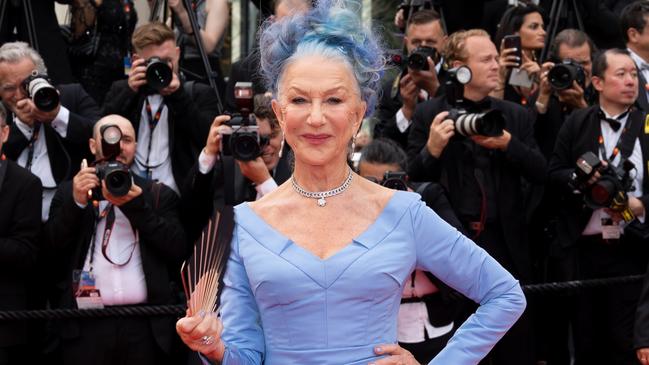Why I’m no longer identifying as a ‘bossy’ woman

Some months later, I’m still rankling. Not at my admission. Not even at the chorus of people who agreed with my character analysis. I’m peeved both that it disturbs me that I am bossy and that it worries me that most people know it.
What’s wrong with a bossy woman?
This is the question I am asking myself and I intend to ask my friends when I have sorted my argument and take to the podium to deliver a lecture on the subject. And this is how the argument will go.
Bossiness has a time and place. It should make an appearance when something needs to be achieved by a certain time or in a certain way. It gets things done. And, if you’re not being rude to people, those who you are bossing around will (deep down) appreciate your bossiness. Directive is a better word for bossiness and it’s a word that won’t get you into trouble with HR.
But no one wants to be around someone who is bossy all the time. If you go to a dinner party and tell guests they should eat their greens, put down that fifth glass of wine or clear the table when the clock strikes 10.30pm, you won’t be invited back unless you volunteer to be designated driver. For everyone.
There are lots of interesting bossy women around today. The women on Succession are bossy. The football club owner on Ted Lasso is sexily bossy. Jane Fonda is now the quintessential bossy older woman. All the female detectives are bossy. Helen Mirren and Lucy Liu and Dame Judi Dench rock the tough talk.
The euphemism is strong female leads but let’s embrace the word bossy.
Of course (I just realised) bossy comes from the word, boss. And being boss or boss man is a compliment to men. They love it. It often comes with other adjectives like effective, leader and multimillion-dollar salary package.
When a man is boss, he’s reached the top. When a woman is bossy, she’s over-reached.
So, this is obviously a feminist issue. In more modern parlance it might be called structural sexism. Men are rarely called bossy. They are called boss and some even wear the perfume.
If women get called bossy, it implies they are usurping a male role, pretending to hold a position of boss. The role is turned into an adjective for women because they can’t claim the noun.
And that bit of pop linguistics makes me reconsider my half-hearted claim to bossiness.
I’m no longer identifying as bossy, I am boss-like. No, I am boss. When I decide to direct things that need to be directed, I will be boss. I will be a considerate boss – no bad language, no rudeness, respect everyone involved etc, etc – but I will expect to be taken seriously.
It won’t happen often (am I back-pedalling already?) It won’t happen unless it needs to happen. I’ll still be nice underneath (yes, I’m back-pedalling) but I will get used to reclaiming the boss within.
So, a retraction. I’m not bossy. I’m boss and, sometimes, I am the boss. And often, I’m an effective boss. I might not get the rewards of a big salary package or a too-tight suit but I don’t mind the odd, thank you.
Macken.deirdre@gmail.com



Recently, I described myself as bossy. As is my right. No one should have been surprised by this, although I was hoping they would be. I was hoping my admission would be met with protests that “it’s not really true” or “only occasionally” or even a surprised “really?”